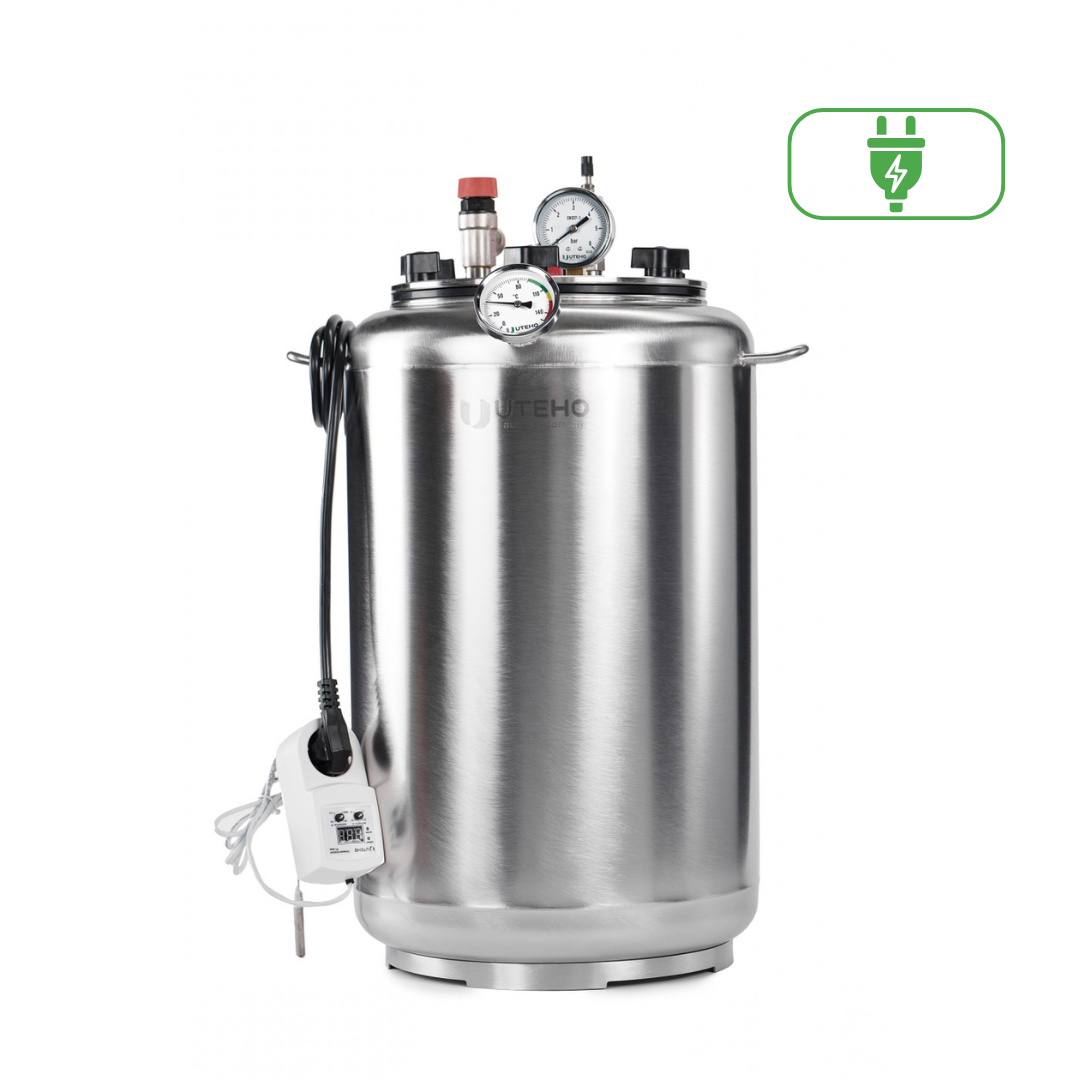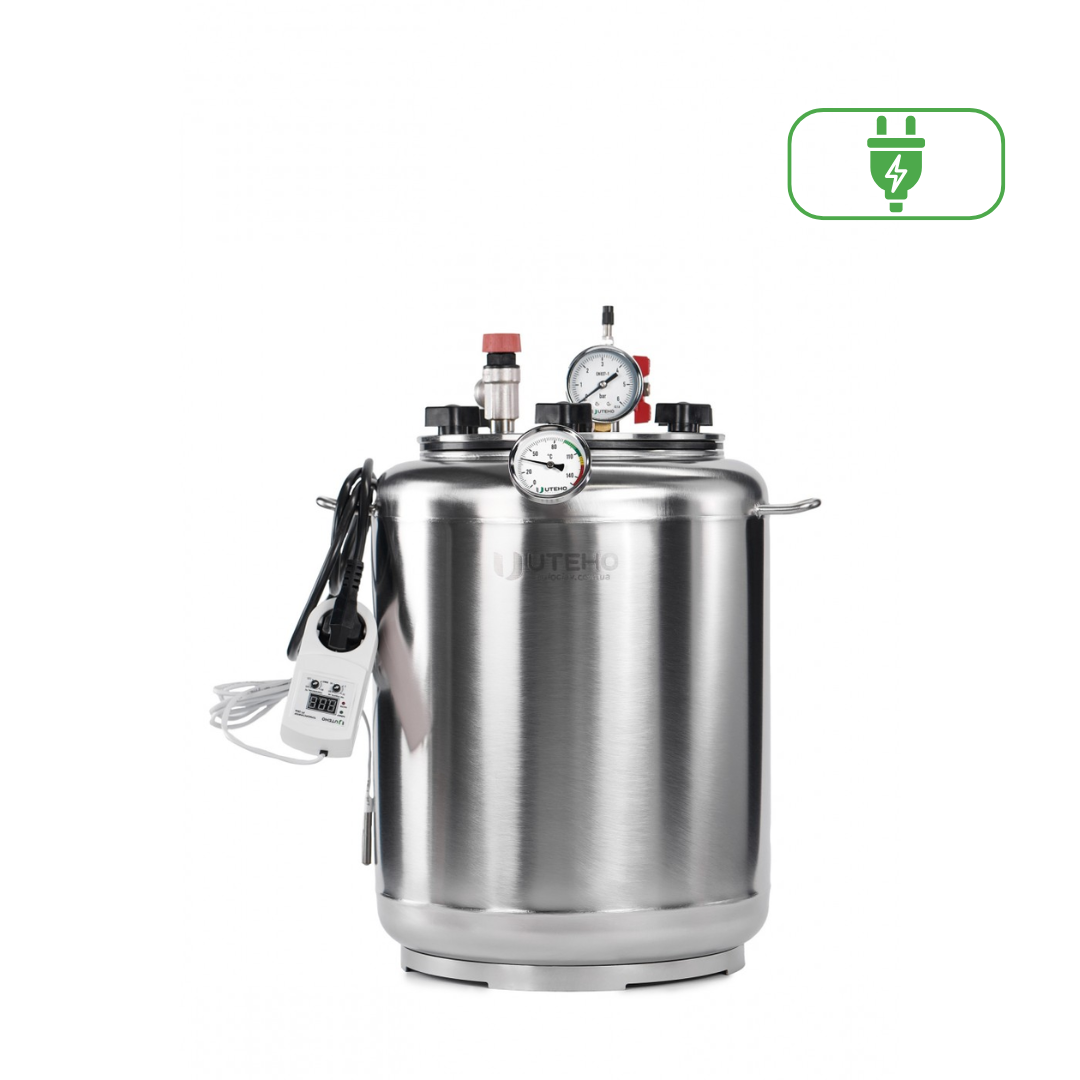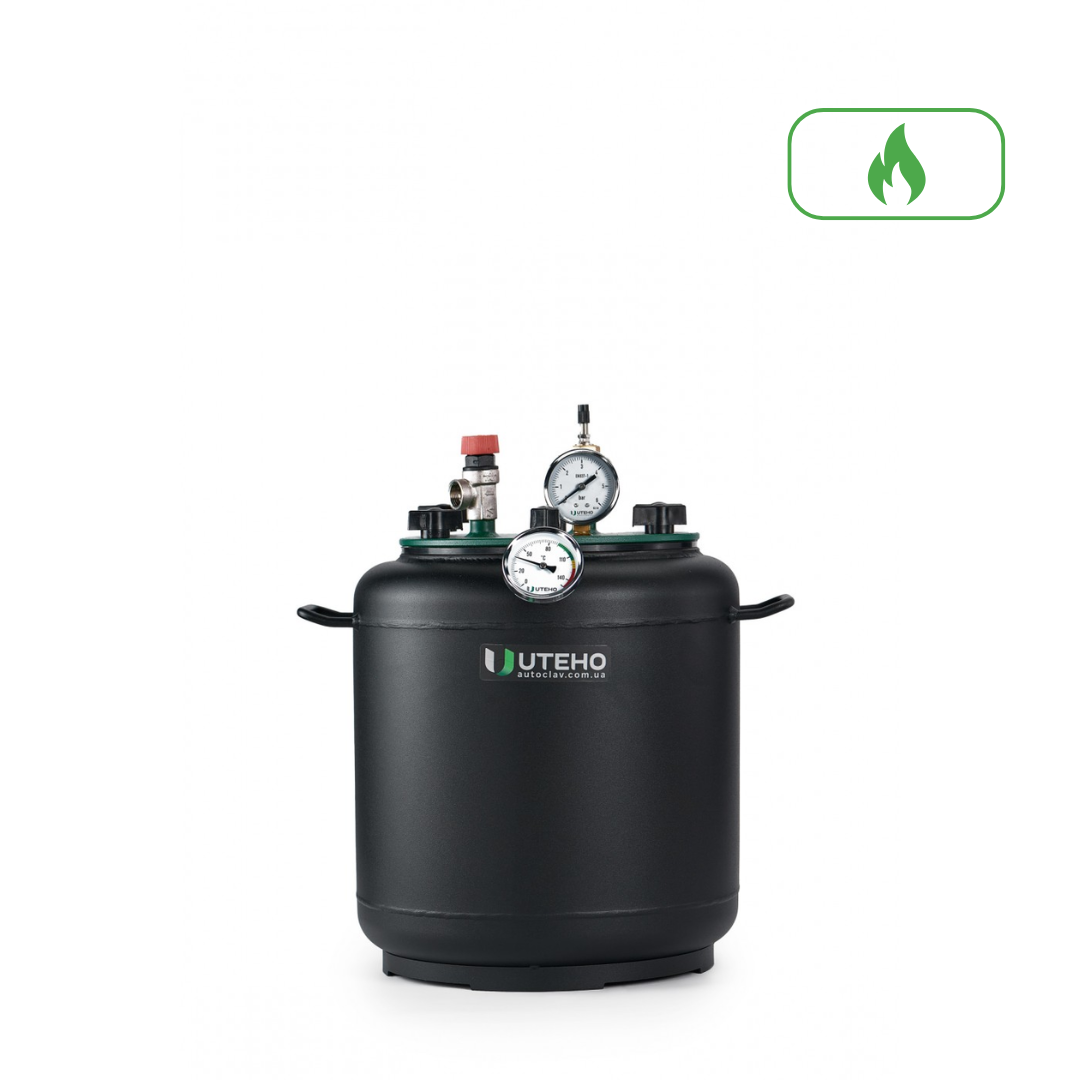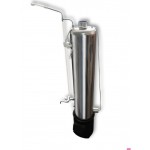
How to Preserve Corn?
Summer is the ripening season for everyone’s favorite corn. Delicious boiled sweet corn is enjoyed by both children and adults. There is a great way to enjoy this flavor even in winter — preserve corn in an autoclave. We will tell you all the details of this process.

Useful properties
Corn is not only tasty, but it is also a product that contains many beneficial substances and vitamins necessary for humans all year round. Corn contains vitamins C, B, E, and elements of zinc, magnesium, manganese, and phosphorus. This beneficial set has a positive effect on human health, in particular:
- normalizes blood sugar levels;
- has choleretic and diuretic properties;
- reduces cholesterol;
- boosts immunity and positively affects heart function;
- improves digestion;
- reduces the risk of developing rheumatism;
- improves lactation during breastfeeding.
To preserve the maximum amount of these nutrients, choose an autoclave from the company “Ukrpromtekh” and preserve your favorite product without unnecessary effort.
BESTSELLERS
Tips and Warnings
There are no special requirements for preserving corn. Almost all varieties will do, but it is best to choose sweet corn with a rich flavor. The most important criterion is the age of the corn — it should be ripe but not too old so that the kernels are not hard. However, this is not a critical factor. Overripe corn will simply take longer to cook.
Canned corn can be stored for 3 years in a room where the temperature does not exceed 25 degrees, and the relative humidity does not exceed 75%. An opened jar of corn should be stored in the refrigerator for no more than three days.
The Simplest Recipe for Canned Corn
We need a minimum of ingredients to prepare:
- corn;
- salt — 1 tsp/jar;
- water.
Preparation:
- The corn cobs must be peeled of green leaves and thoroughly washed.
- There are two methods of pre-processing corn for canning:
- place the corn cob in boiling water for 2 minutes, then remove and carefully separate the kernels from the cob;
- cut the kernels from the cob and boil in boiling water for 5 minutes.
- Place the prepared corn kernels in a jar, add salt, and pour in hot water so that 2–2.5 cm of free space remains from the top.
- Close with lids and place the jars in the autoclave.
- If the thermometer is located in the upper part of the container – cook for 1 hour at 105 degrees.
- If the thermometer is located in the lower part of the container – cook for 1 hour at 115 degrees.
Classic Recipe for Canned Corn in an Autoclave
Ingredients:
- corn;
- salt;
- sugar;
- water.

Cooking method:
- Peel the corn from green leaves and boil in boiling water for 5 minutes, then immediately cool the cobs in cold water.
- Next, prepare the brine in the proportion — 3 g salt, 3 g sugar per 100 g water, bring to a boil.
- At the next stage, place the products in jars — ¾ corn and ¼ hot brine, leaving 2 cm to the top of the jar.
- If the thermometer is located in the upper part of the container – cook for 60 minutes at 105 degrees.
- If the thermometer is located in the lower part of the container – cook for 60 minutes at 115 degrees.
Canned Corn on the Cob
Ingredients:
- corn;
- salt;
- water.

Cooking method:
- For this recipe, it is better to choose small young corn cobs, which are peeled from leaves and boiled for 5 minutes in boiling water.
- Prepare the brine according to the proportion — 1 tablespoon of salt per 1 liter of water, boil.
- Tightly place the boiled cobs in jars and pour hot brine over them.
- If the thermometer is located in the upper part of the container – cook for 60 minutes at 105 degrees.
- If the thermometer is located in the lower part of the container – cook for 60 minutes at 115 degrees.
You can buy an autoclave on our website or by calling our managers. The company “UTEHO (Ukrpromtekh)” manufactures modern electric, gas, and universal autoclaves, as well as budget models designed by leading industry experts. All autoclaves are made in compliance with safety standards and from quality raw materials using modern technologies.
To choose a suitable autoclave, we recommend checking the full catalog on our website and taking the unit selection test. You can always contact our managers, who will help you make your choice. We deliver our products anywhere in Ukraine.
Have questions? Contact us by phone: (050) 376-60-86 or (067) 370-27-22. You can also email us at: autoclav24@gmail.com or leave a request on the website, and we will definitely call you back.
Read also:
- Zucchini in an autoclave
- Cucumbers in an autoclave
- Tomatoes in an autoclave
- Lecho in an autoclave
- Eggplants in an autoclave







.png)





